In September, the Food and Drug Administration placed a ban on soaps and certain antibacterial chemicals which contain 19 different chemicals, one of them being triclosan. The FDA has given companies one year to remove the chemicals from their products and get the ones containing it off the shelves.
So why did the FDA ban triclosan from soaps and other antibacterial products? According to an article from New York Times, “Studies in animals have shown that triclosan and triclocarban can disrupt the normal development of the reproductive system and metabolism, and health experts warn that their effects could be the same in humans.” The Centers for Disease Control and Prevention found the chemicals in the urine of three quarters of Americans.
Triclosan is a chemical pesticide that has been a known endocrine disruptor and has shown to weaken heart muscle function, alter the shape of sperm, impair brain development, and contribute to bone deformation in animal studies.
You might think this is a huge win for consumers, and it is, but the ban didn’t reach all products. Unfortunately triclosan is still present in many drugstore toothpastes.
If this product is so dangerous that it’s now been banned from products that get washed off our skin, why is it still allowed in products that go into our mouths? According to the FDA, the benefits of triclosan in toothpastes still outweigh the risks. These benefits include reducing plaque and gum disease.
However, there are natural alternatives to using this chemical to protect your oral health. Xylitol, for instance, has been shown to reduce plaque. The bacteria that creates plaque cannot metabolize xylitol allowing for less plaque buildup and the decay causing bacteria cannot stick to the teeth.
To think you need triclosan or other chemicals in your toothpaste in order to prevent plaque is a naïve way of thinking. There are plenty of natural toothpastes that contain xylitol that can be even more beneficial to your oral health. Visit our page of xylitol products and find the best natural toothpaste option for you and your family.
Related Articles
How A Sugar Substitute Can Reduce Cavities
The sugar substitute xylitol is commonly found in sugar free candies, gum, and household sugar alternatives. Xylitol is a natural derivative of fruits, vegetables, plant fibers, and is known in the dental community as the best prevention to tooth decay....
Keep Your Mouth Happy and Healthy with Natural Chewing Gum
People have been chewing gum as a part of their oral care routine since ancient times. Originally, made out of sap from a tree, chewing gum and its ingredients have evolved over many centuries. As our health conscious community becomes...
Places You Should Substitute Xylitol Sweeteners for Sugar
People often want to find replacements for table sugar in their diets. But which areas are you able to replace sugar? Does xylitol bake as well? Cook as well? Will it dissolve in liquids just as easily? Well the answer to these is yes, yes and...
Choosing the Right Sugar Free Gum
If your chewing gum contains sugar, you’re basically bathing your teeth in sugar. Many sugar free gums contain acidic flavorings and preservatives that can lead to dental erosion. Many sugar free gums contain artificial sweeteners. These...
Why Xylitol Works
xylitol provides both oral and nasal defenses by its action on the bacteria that cause our problems, and by enhancing our defenses in those areas.
Easiest Way to Reap the Dental Benefits of Xylitol
Most people know that xylitol does something to help prevent tooth decay; and most associate that benefit with xylitol sweetened gum. But when it all began, nearly 50 years ago in Finland, it wasn’t gum that helped, it was diet. A group in...

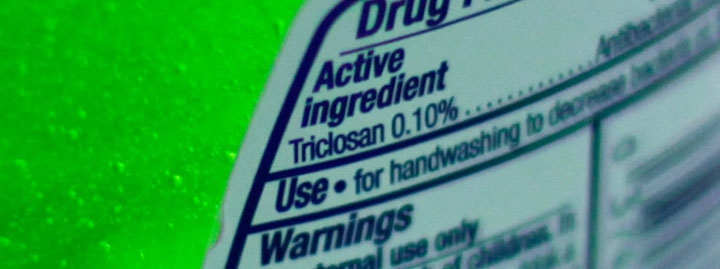
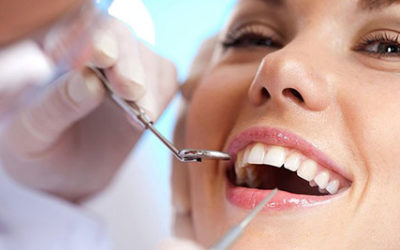
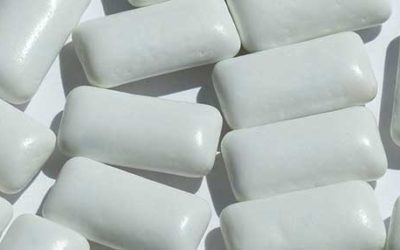

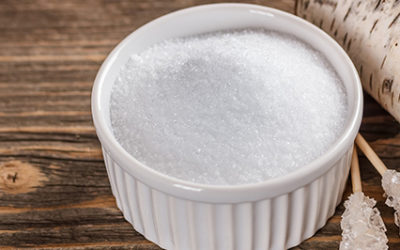
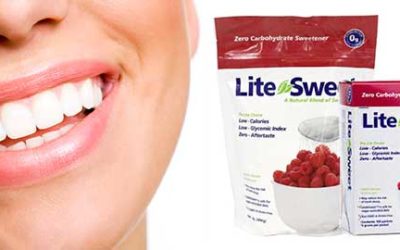




I’m a clinical dental professional and work in an area with a high health IQ. Although this information is common knowledge in my area, I have a lot of friends and family that dont have this knowledge from their dental professionals. It would be really great to be able to ‘share’ your information through social media. The articles you provide are simple, thorough, and accurate. Thank you!
All information provided here may be used without asking permission. The only thing we ask is that you share where it came from.
If you have dogs, though, you must be careful. Xylitol is not good for them and could potentially be poisonous and even deadly.
True enough, especially when they are small.
If it is a danger to any species. Should be banned.
Pfelcher, chocolate is poisonous to dogs as well…should we ban that? I think it is reasonable to keep xylitol containing products away from dogs.
Is your xylitol derived from corn or birch. If from corn, non GMO, organic or regular?
Hi Amanda, we’re an educational site and therefore don’t have any products ourselves. However, you can find a list of products containing xylitol here: http://xylitol.org/xylitol-products/
Corn
triclosan must ban in all over the world,thanks for this artical. after knowing the triclosan side effect i change my deodorant and i started to use triclosan free deodorant HueHoffner.